Keywords: Concern Australia
There are more than 200 results, only the first 200 are displayed here.
-
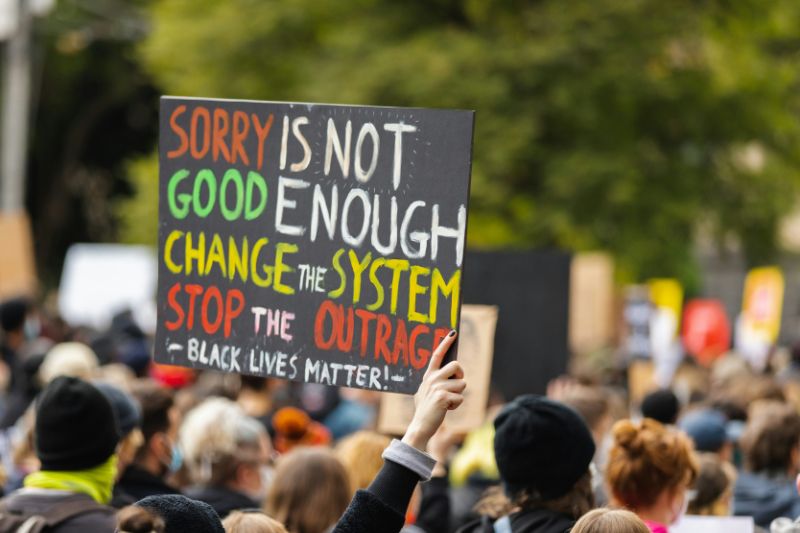
AUSTRALIA
- Andrew Hamilton
- 30 May 2024
This Reconciliation Week and Sorry Day, we consider the defeat of the Referendum and the substantial failure to close the gap between the living conditions of Indigenous Australians and other Australians. It means that for many Aboriginal and Torres Strait Islanders, this week will be less about days of celebration than of grief and of grim resolve to continue to seek justice.
READ MORE
-

INTERNATIONAL
- Jeremy Clarke
- 13 May 2024
The recent mid-air encounter between an Australian naval helicopter and a Chinese fighter jet over the Yellow Sea had the usual reactions, but ultimately failed to strain economic relations between the two states.
READ MORE
-
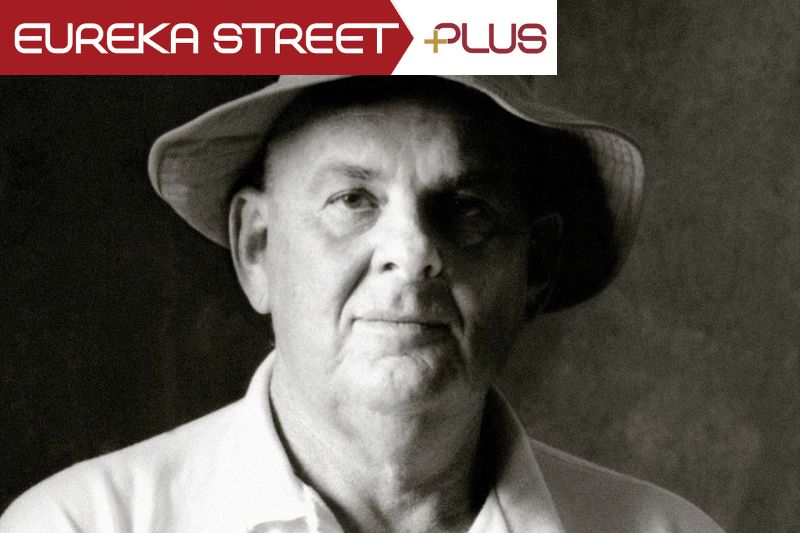
ARTS AND CULTURE
- Paul Mitchell
- 10 May 2024
Les Murray once confessed it was his mission to 'irritate the hell out of the eloquent who would oppress my people,' by being a paradox that their categories can’t assimilate: the Subhuman Redneck who writes poems. And therein lies the ‘poem’ of Les Murray: complex, contradictory, sublime, and sometimes ready to whip his enemies with a scorpion’s tail.
READ MORE 
-

AUSTRALIA
- Andrew Hamilton
- 08 May 2024
With the Queensland Government changing the Youth Justice Act, detention of children will no longer be seen as a last resort, causing widespread dismay among youth justice advocates. It invites reflection on what we should expect when we advocate for a cause, ranging from climate change to perceived injustice, and how we should evaluate our efforts.
READ MORE
-
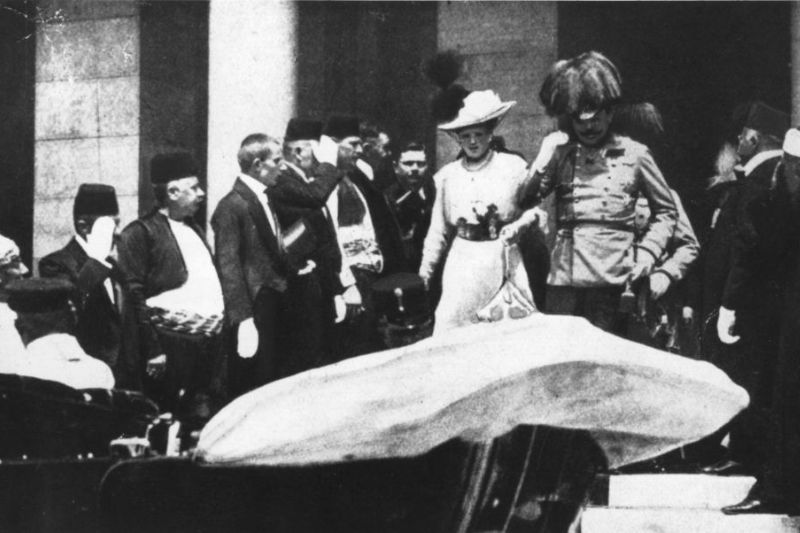
INTERNATIONAL
- Stephen Yorke
- 24 April 2024
On a June day in 1914, a Bosnian nationalist in Sarajevo ignited a chain reaction that reshaped the world. Gavrilo Princip, a 19-year-old student, did not aim to unleash a global conflict. From the halls of imperial power to the fields of battle, how did the shots fired in Sarajevo echo across continents, drawing empires into disarray and redrawing the map of the modern world? (From 2004)
READ MORE
-
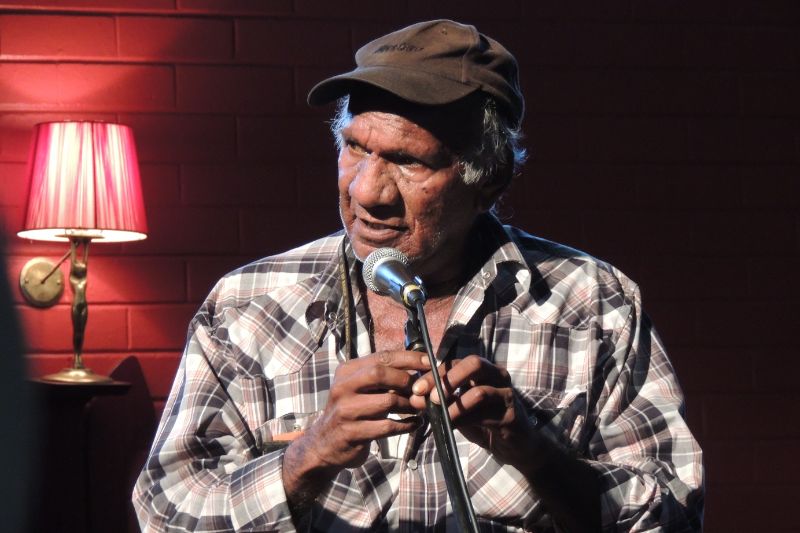
ENVIRONMENT
- Michele Madigan
- 18 April 2024
6 Comments
An Arabunna man, Uncle Kevin Buzzacott devoted himself to the protection of that delicate, glorious country of north eastern South Australia with its Great Artesian Basin’s ancient waters threatened by the succession of powerful mining companies operating Roxby’s Olympic Dam.
READ MORE
-
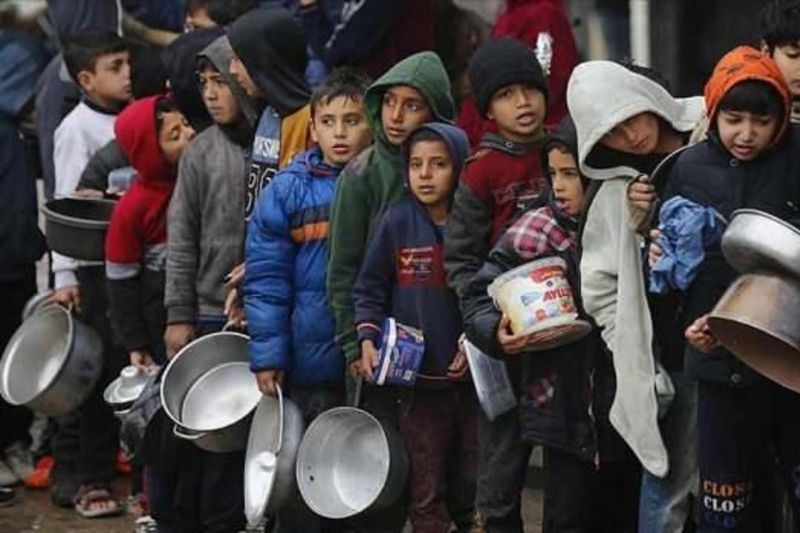
INTERNATIONAL
When a missile strike in Gaza killed seven aid workers, it sparked global outrage and demands for accountability and raised questions around the protection of those who risk everything to provide aid in zones of conflict.
READ MORE
-

ECONOMICS
- David James
- 04 April 2024
2 Comments
Big changes are occurring in the financial sector that suggest the climate change agenda is starting to lose crucial support with the world’s largest fund managers. As support for ESG goals wane, the conversation is shifting to nuclear energy. But does it make any financial sense?
READ MORE
-
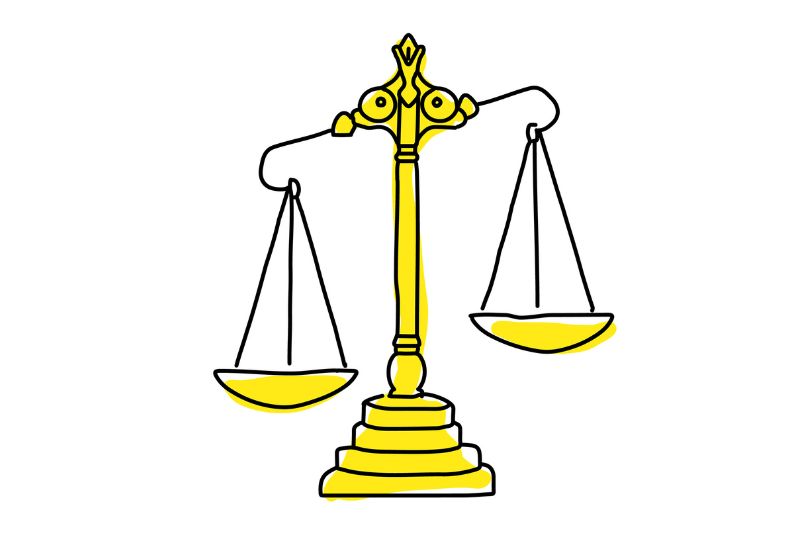
AUSTRALIA
- Andrew Hamilton
- 04 April 2024
1 Comment
This week, the Federal Government quickly introduced a new policy in response to a recent High Court decision that prevents them from indefinitely detaining a small number of individuals they wish to remove from Australia.
READ MORE
-
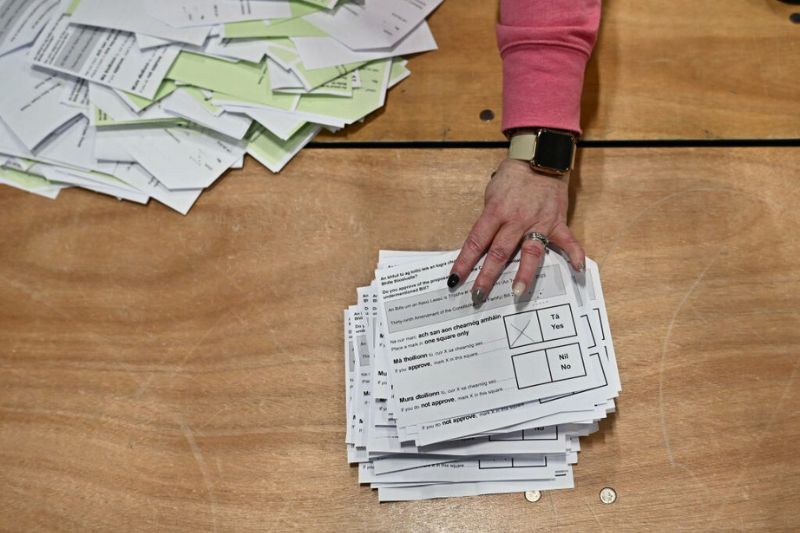
INTERNATIONAL
- Andrew Hamilton
- 21 March 2024
3 Comments
Much like Australia's recent Indigenous Voice Referendum, the recent Irish referendum sought to change constitutional perspectives on family and marriage met with overwhelming defeat. What does this reveal about the relationship between public sentiment and the process of enacting constitutional changes?
READ MORE
-

AUSTRALIA
- John Chesterman and Ilan Wiesel
- 01 March 2024
1 Comment
The key to combatting increasing levels of loneliness and social isolation will likely start in the way we think about cities, public spaces and social care to enable meaningful connections between people, and help to guard against harms caused by habitual loneliness. But we'll need to get creative.
READ MORE 
-

RELIGION
- Andrew Hamilton
- 13 February 2024
5 Comments
In a world grappling with war, inequality, and environmental devastation, can a celebration of sacrifice offer hope? For a secular Australia, the relevance of Lent may lie in bridging the gap between a seemingly dehumanizing act and the profound belief in the preciousness of human life. Can this paradoxical notion inspire action to heal the wounds of our world?
READ MORE